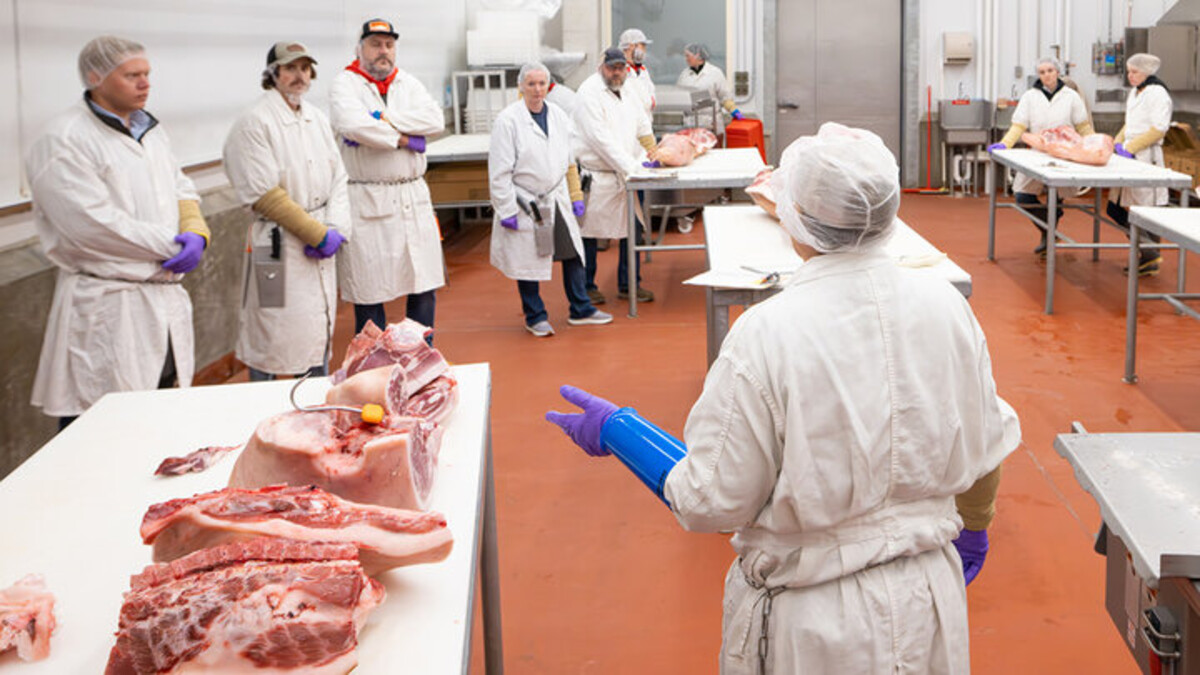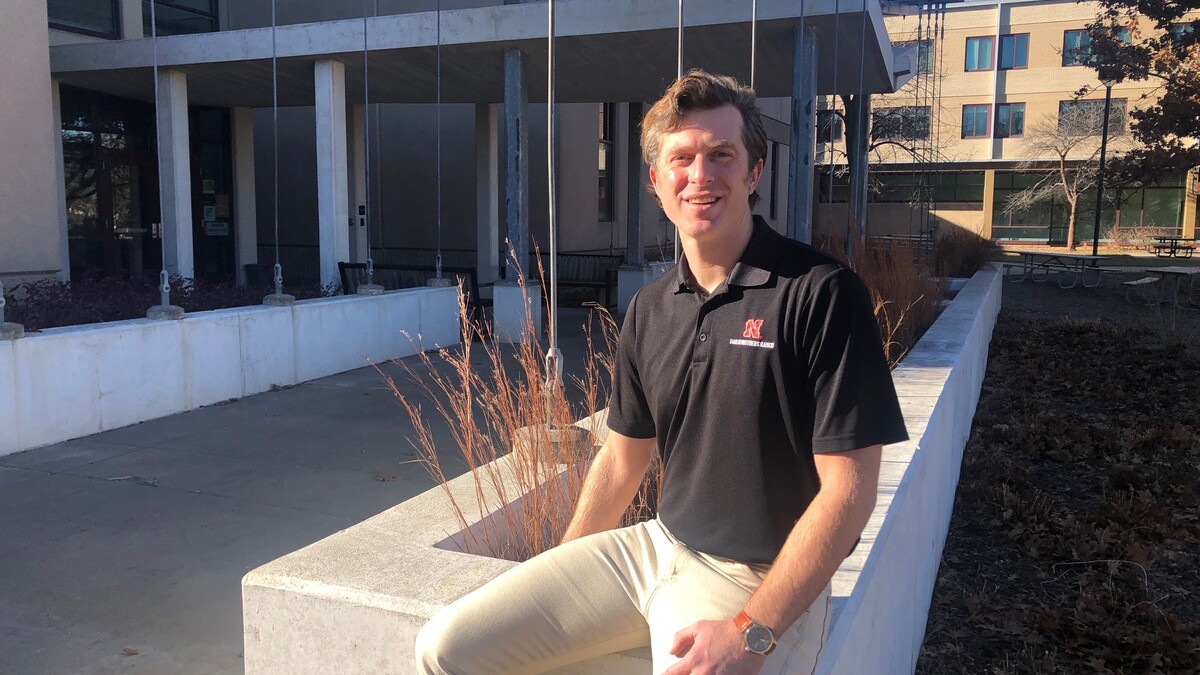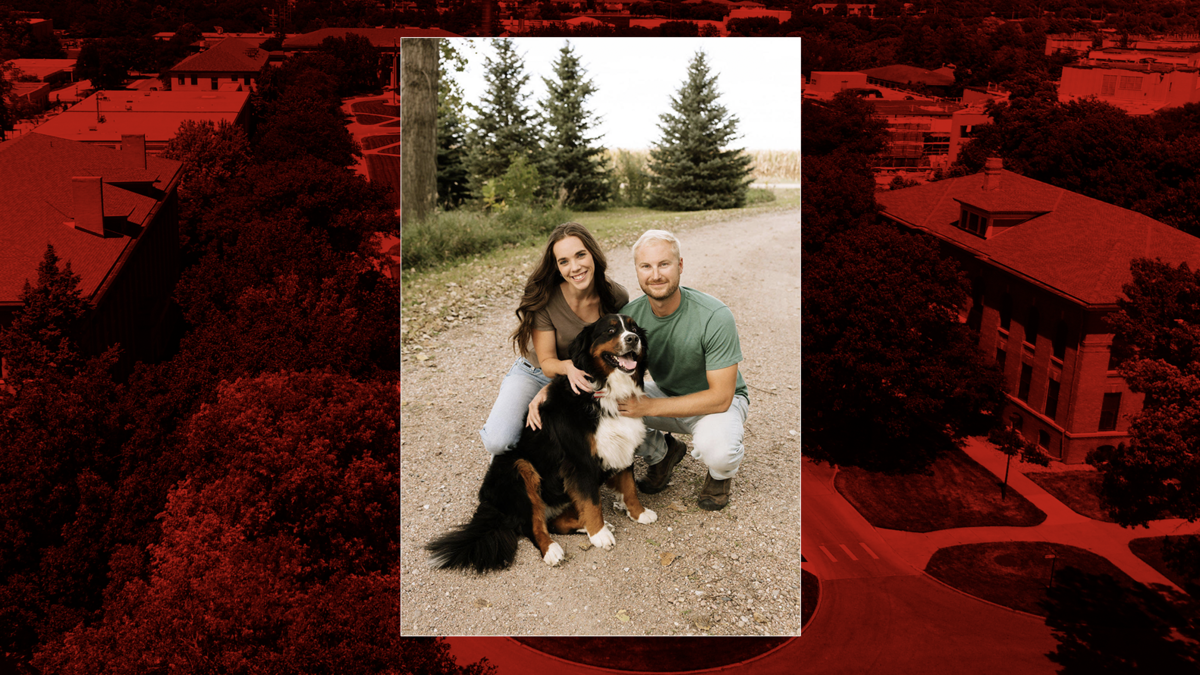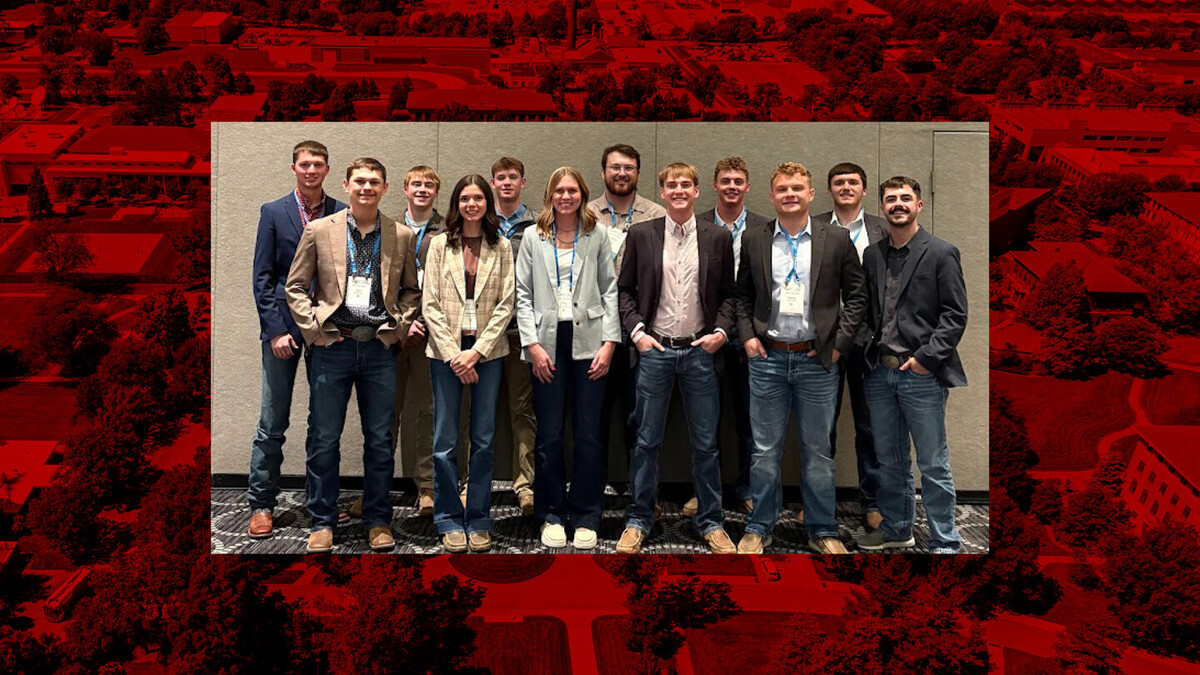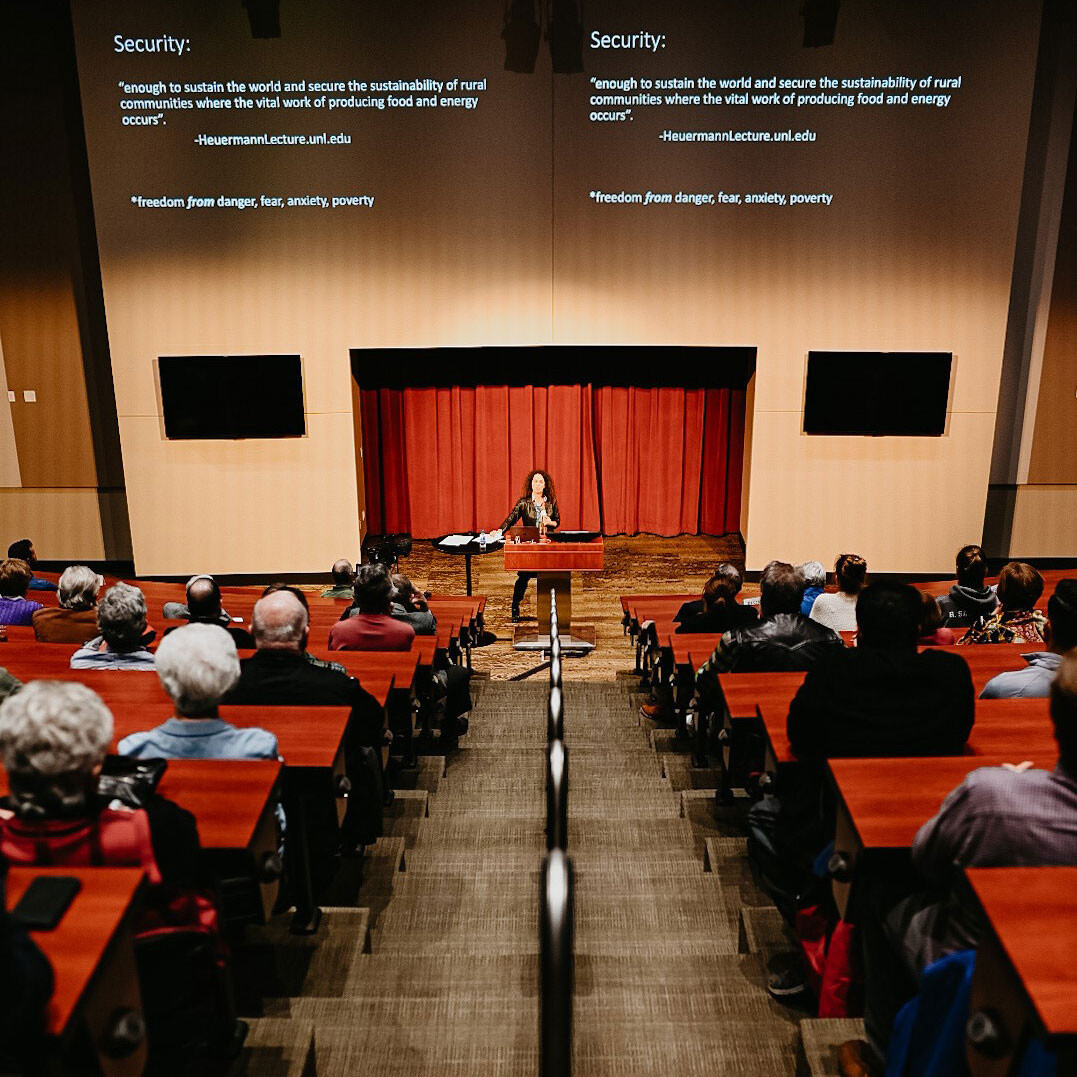
Lincoln, Neb. — Working toward a world that can meet the needs of a growing population that at the same time sustains diverse, resilient natural ecosystems was the theme of the most recent Heuermann Lecture.
Dr. Elena Bennett, associate professor in the McGill University School of Environment and the Department of Natural Resource Sciences in Montreal, delivered the lecture on Nebraska Innovation Campus at 7 p.m. on Tuesday, Jan. 14. It was the second talk in a series of lectures focused on the theme of resilience.
Agriculture is crucial to human well-being, Bennett said. It is also the single greatest contributor to environmental degradation. Changes in agriculture over the past century have pushed producers to specialize, which have led to agricultural productions systems that have transformed large sections of the biosphere to simplified production systems – that is, entire regions where only a few varieties of crops or livestock are produced. Highly specialized crops and livestock in turn often require ever increasing inputs from the producer – herbicides, pesticides, fertilizers and specialized, often expensive equipment, to name a few – that make it difficult for producers to change the direction of their operations. And agricultural products produced all over the world have expanded into global markets, which has created a complex web of pressures for producers.
These changes in agriculture have increased food production, Bennett said, but the increase in production has come at a cost to our natural ecosystems, as well as to the diversity of the species that exist within those ecosystems.
“We are replacing our agricultural resilience with coerced resilience,” Bennett said.
Additionally, producers often suppress variables that can have negative effects on production in the short term, but are ultimately valuable over time. For example, the suppression of wildfire on rangelands may make the grazing of livestock easier and more profitable in the short-term, she said. However, as years go by without fire, and grassland gives way to shrubland, the ecosystem changes to become less suited to grazing, and the shrubs create more fuel for a larger and potentially more devastating fire down the road.
In order to envision a world that can continue to feed its growing population without further imperiling our ecosystems and natural resources, Bennett said it is important to appreciate productive land both for the crops and livestock it is capable of producing, as well as for the recreational opportunities -- such as hiking and hunting – it provides; for the benefits land provides to our air and water systems; and for the opportunities to view wildlife and to take in the beauty of the natural world that it offers.
Bennett called for “radical experimentation” by landowners and producers as they look to find new agricultural practices that protect the vitality of our ecosystems. At the same time, she also called for new policies that will protect landowners and producers who choose to engage in radical experimentation.
Finally, she said, the value of an agricultural operation needs to be measured in a way that takes the long-term sustainability of the land into account – not just its profitability and yields.
“Agriculture isn’t resilient if it is causing long-term environmental problems,” she said.
Heuermann Lectures focus on providing security – and here security means enough to sustain the world – in the areas of food, natural resources, and renewable energy for people, as well as security the sustainability of rural communities were the vital work of producing food and renewable energy occurs. The Heuermann Lectures is made possible from a gift from B. Keith and Normal Heuermann of Phillips, Neb., to the Institute of Agriculture and Natural Resources at the University of Nebraska-Lincoln. Learn more at Heuermannlectures.unl.edu.
